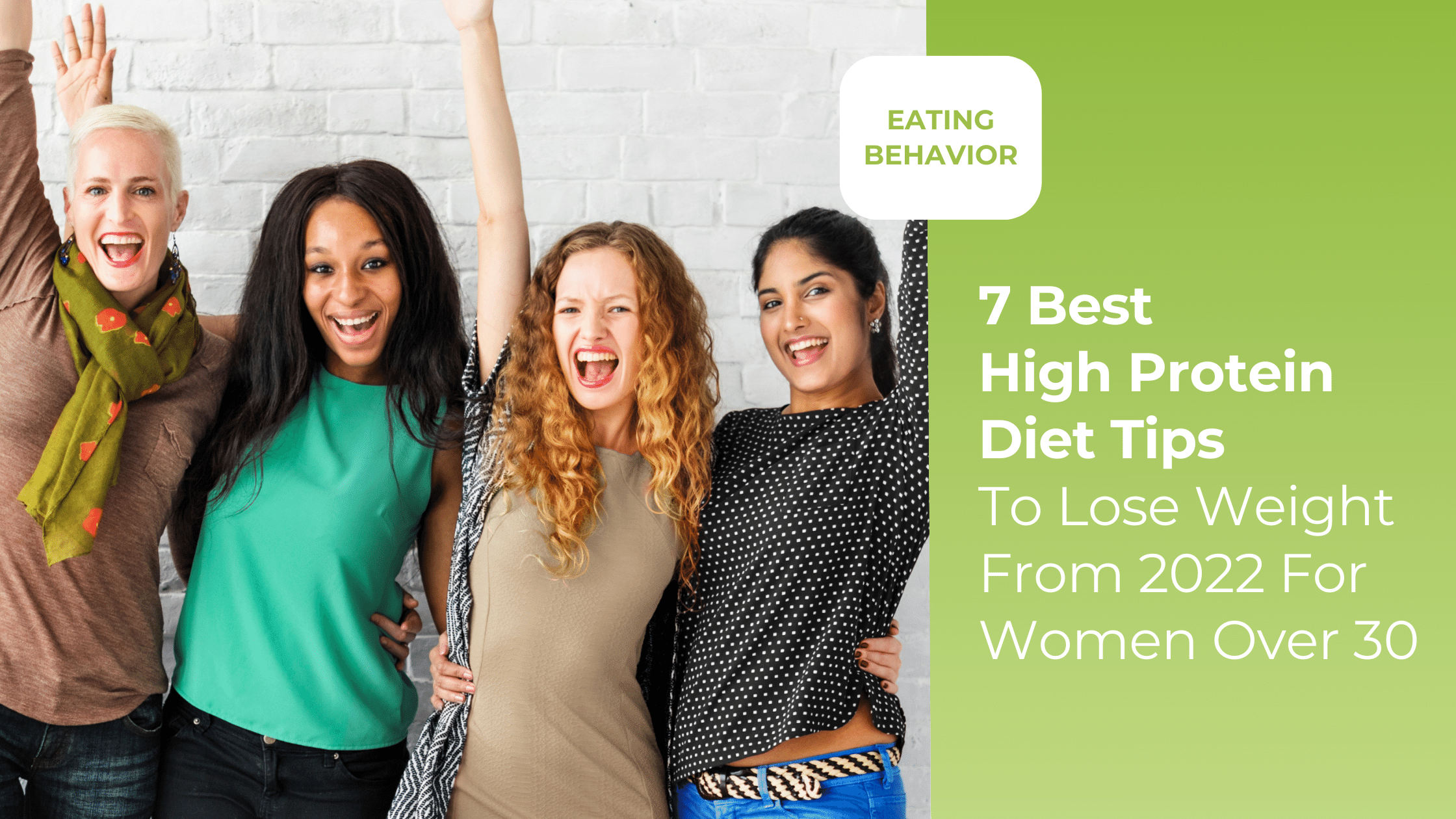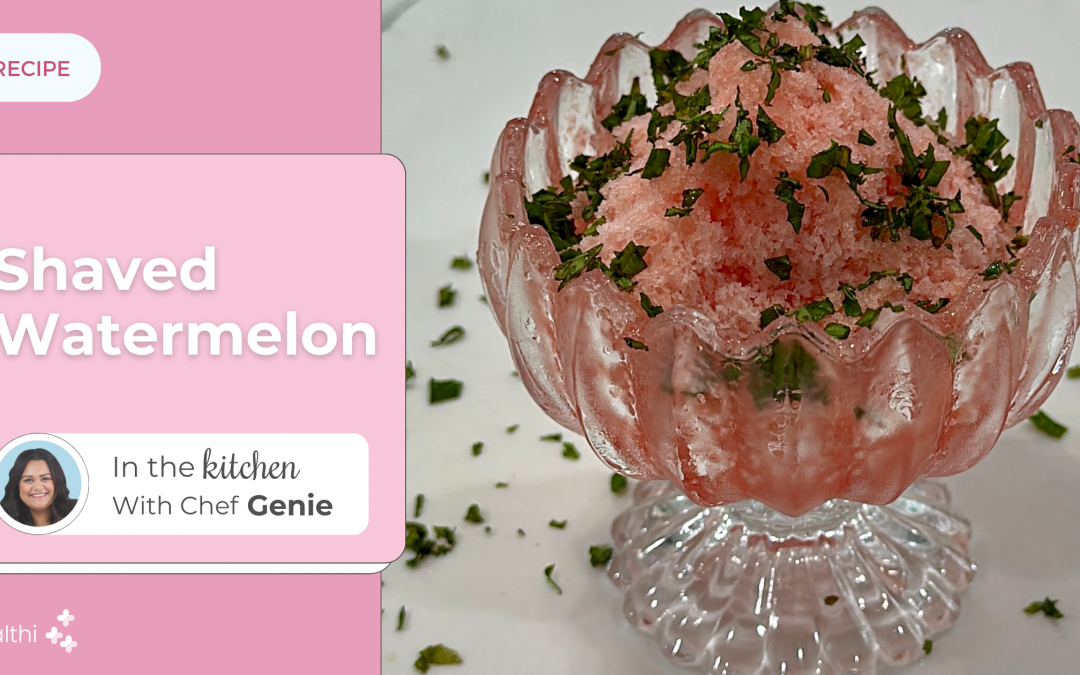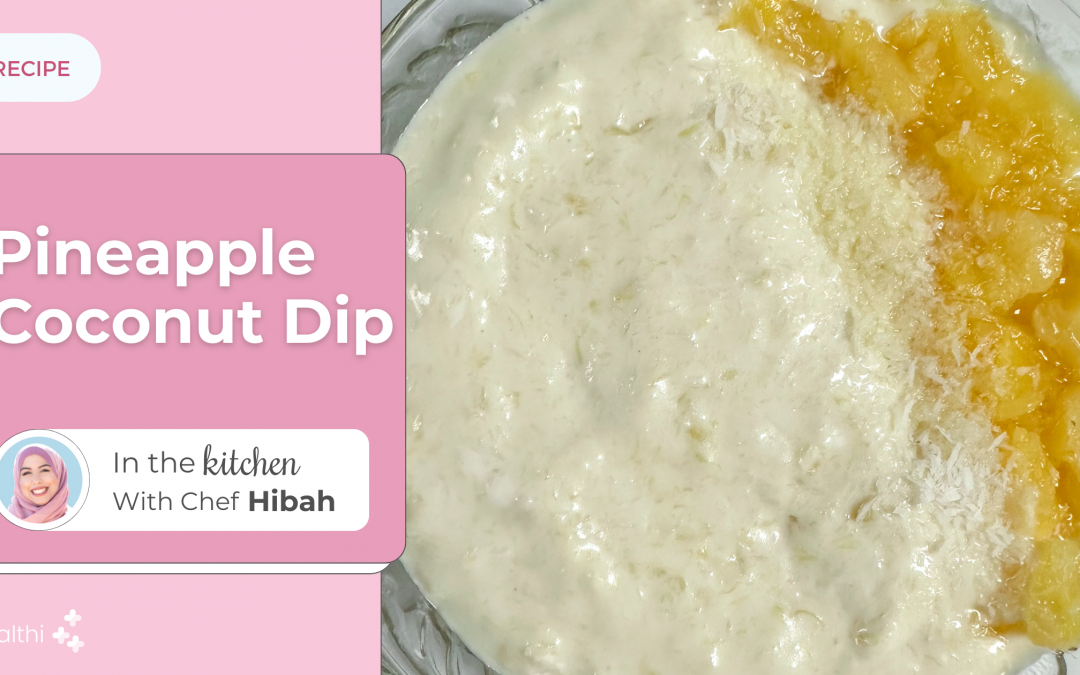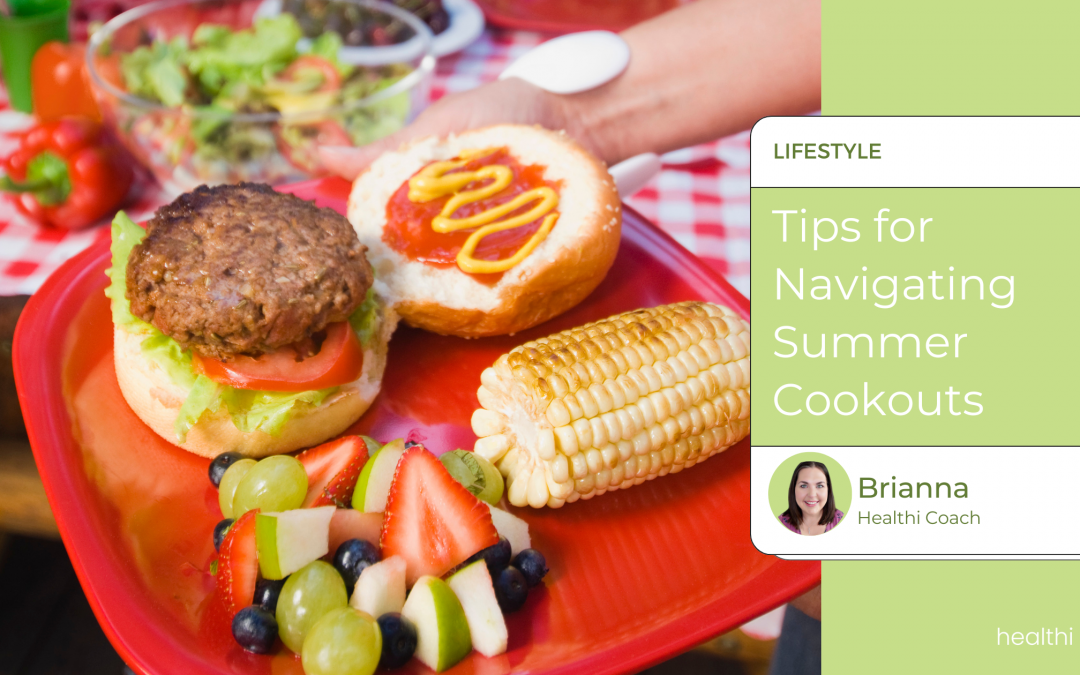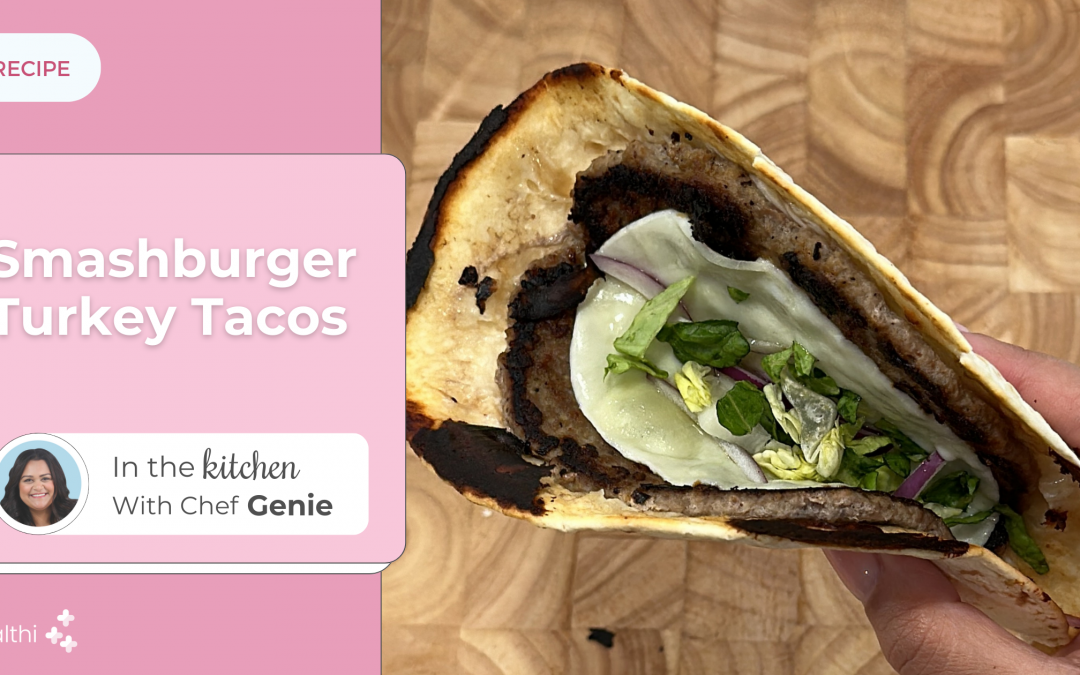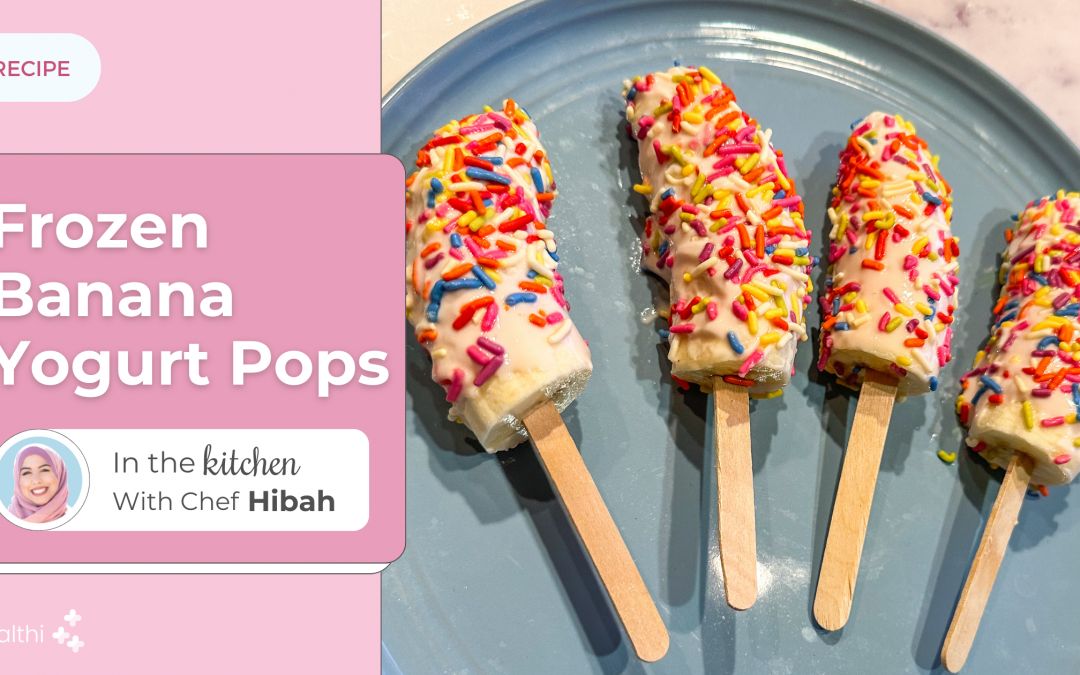Although we cannot control certain aspects of our lives, such as the weather, other people’s actions, and aging, we can still take charge of our health and wellness. It’s never too late to make positive changes, and one powerful way to improve our health is by incorporating more protein into our diet. Not only can protein help us feel fuller for longer periods of time, reducing the risk of overeating, but it is also beneficial for our muscles and metabolism. By combining a higher protein diet with regular exercise, we can build lean muscle mass and support weight loss efforts. So, even if we can’t turn back the clock, we can still make positive choices for our health and well-being.
Here are our top 7 high protein tips to lose weight for women over 30:
1. Choose lean protein
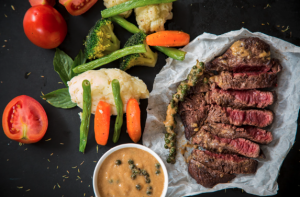
Leaning toward lean protein will help keep you satiated. Try to avoid too much higher fat content that comes in things like lower percentage ground beef. Go for lean cuts of beef, chicken breast, turkey breast, shrimp, egg whites, nonfat yogurt, tofu, and lentils.
2. Try soy-based protein
Protein doesn’t always have to come from meat. Soy products can be a great form of high-protein and low-fat. Popular forms of soy protein include tofu, tempeh, soy milk, soybeans, soy nuts, and miso.
3. Protein-rich dairy
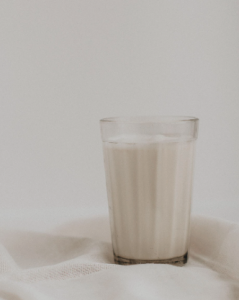
Just like with soy-based protein, you can get great amounts of protein from dairy products as well. Things like low-fat or non-fat yogurt, milk, cheese, and low-fat cottage cheese are all wonderful sources of protein.
4. Whole grains and fiber
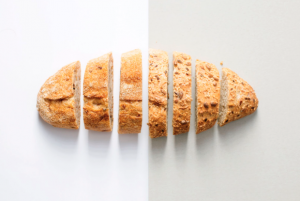
Contrary to popular belief, you don’t have to cut out all the carbs to lose weight. Many believe that to go higher protein, you must exclude carbs. Though limiting carbs can certainly help, it’s important to note that doing so in the right way can help you lose weight, and also help keep your energy up. This is where whole grains come in. They’re rich in nutrients because the grains haven’t been ground up like in other processed carbs. They’re also rich in fiber, which is sure to help keep you full and limit over-eating.
5. Legumes and beans
Try adding more legumes/beans to your diet. They’re also a wonderful source of fiber and plant-based protein to help keep you full. Fava beans are one of the highest protein-based legumes with around 26g of protein per 100g serving! Additionally, chickpeas (garbanzo beans), lentils, and kidney beans are all great sources of protein. Navy beans, split peas, pinto beans, black beans, kidney beans, and black-eyed peas have great fiber content as well.
6. Don’t forget the fruits and vegetables!
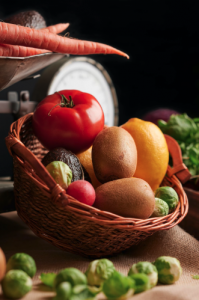
Focusing on a higher protein diet can have great positive effects on weight loss. But that’s not to say you shouldn’t be balancing out your diet. Having well-rounded meals is key. Along with your protein, be sure to add nutrient-rich vegetables. Generally, the darker the color- the more nutritious it is. Opt for things like broccoli, asparagus, spinach, carrots, sweet potatoes, and brussel sprouts for the best payoff in nutrients.
Along with this, fruits are important as well. They may have natural sugar and carbs, but that’s not to say you shouldn’t be eating them. Go for more nutrient-dense fruits like blueberries, apples, oranges, mangos, strawberries, cherries, watermelon, kiwi, grapefruit, and peaches.
7. How much protein to consume?
The answer can be different for everyone based on their own bodies. Generally speaking, it can be recommended to consume around 20-30 grams of protein per meal. The Healthi app has a wonderful feature that can help you calculate your personal macros (protein, fat, and carbs) so that you know just how much you should be consuming.
In all, it can be a more tedious venture to lose weight once you hit your 30s. Remember to be patient with yourself and your body, and give it the love and care it deserves.

